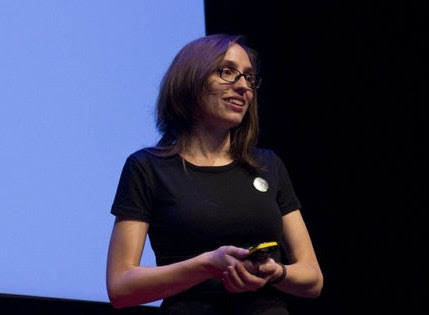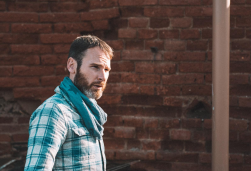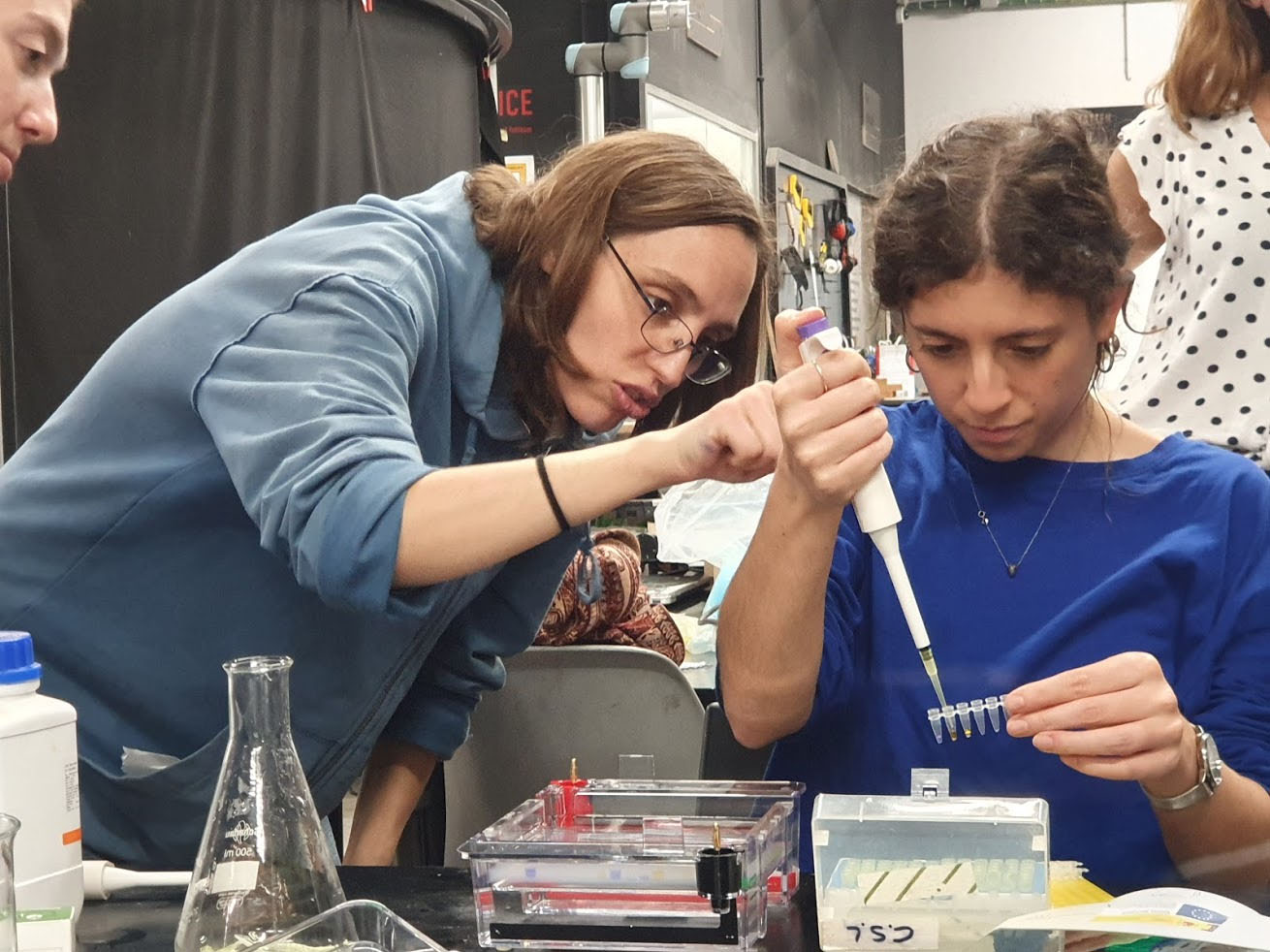Syllabus⇝
The recent growth of the international DIY-Bio / I-GEM and Bio Hackers networks are born of a motivation to narrow the golf between research conducted in institutional and corporate settings and to redirect the scientific locus back towards citizen scientists. The agenda of democratizing access to the sciences is shared with that of libre software and open source electronics and maker movements. The course will introduce biological design as a creative and transdisciplinary practise that is open to all.
Access to the means of experimentation for the investigative and applied sciences will not only change the way we understand and describe the world but also bring forth new knowledge, designs and engineering practices. Through the course, researchers will learn how to identify microorganisms, how to take samples and prepare cultivation medias, how to observe microscopic organisms and to design with DNA. Researchers will be introduced to scientific concepts such as sterility, metabolism, genome, synthetic biology, biochemistry and microbiology. Gaining the ability to make creative decisions and construct logical frameworks for study and production in the field of biology.
Keywords: DIYbio, synthetic biology, biological design
Learning Objectives⇝
- Become familiarized with DIY-Bio communities, online knowledge bases as well as and practical techniques and resources.
- Gain an understanding of major and relevant biologically driven design principles and how these can be applied practically to real world problems and emergent solutions.
- Distinguish between research disciplines including biochemistry / molecular biology / material science and Synthetic biology.
- Attain a capability to differentiate, specify and select relevant researchers and read a scientific papers without misunderstanding. Gain proficiency in making proposals in a general way, based on that research.
- Being able to follow the scientific methodology applied to experimentation to generate new knowledge. To plan, execute and extract the proper conclusions from an experiment.
Schedule⇝
9:30 - 11:30
Theory - Synthetic Biology
Theory - Planetary Wellbeing
11.45 - 13.45
Practical - Sampling
Practical - Making Petris
9:30 - 11:30
Theory - Microbiology + Microbiome
11.45 - 13.45
Practical - Microscopy
9:30 - 11:30
Theory - Cell Building + Genetics
11.45 - 13.45
Practical - Designing a GMO
Methodological Strategies⇝
Theory Lectures:
- Synthetic Biology / Planetary Wellbeing / Microbiology + Microbiome / Cell Building + Genetics
Workshops:
- Designing a Genetically Modified organism
Practical Experiments:
- Microbe Cultivation / Cultivation Media / Microscopy
Case Studies:
- Selecting and developing a hypothetical practical experiment
Scientific Methodology:
- Task 1: Referencing research, designing an experiment.
Practical Experience:
- Task 2: Individuals will map out the local micro-biome.
- Task 3: Small teams of students will work on cultivation medias,
- Task 4: Individuals will use microscopes to identify organisms.
Concept Design // Project based Learning:
- Task 5: Cell Building and Genetics
Visual Thinking:
- Task 6: (Homework) Visualize a designed experiment.
Deliverables⇝
Creatively depict, describe and visualize a ‘Designed experiment’ that encompasses class concepts, notes and explores the Scientific method and its processes of hypothesizing, developing and testing. The depiction could be in any form of a poster / diagram / info-graphic or any other media. It should creatively depict the impacts of a newly conceived ‘Genetically Modified Organism’ in the world.
Grading Method⇝
Grading criteria will be defined by faculty during the module.
European Credit Transfer and Accumulation System (ECTS)
1 ECTS
Additional Resources⇝
TED X Talk : How to convert yourself into a biohacker
Faculty⇝

Nuria is a post-doctoral researcher at Complex Systems Laboratory at Universitat Pompeu Fabra (UPF) in the PRBB. She holds a major in Biology and a engineering in informatics and performed her research thesis about Biocomputation, that it is at the interface of both fields. Nuria teaches biology for architects, artist and designers of IAAC, Elisava or Massana universities and is a founder member of the DIYBioBcn, the first biohacking group of Spain.

Jonathan Minchin studied Fine Arts and Design Craftsmanship and digital Fabrication. He attained BA in Architecture and a masters degree MSC in ‘International Cooperation, Sustainable Emergency Architecture’ in 2010. He is coordinator of the EU funded research project called ROMI (Robotics for Microfarms) and has spoken at the European Commission and British Parliament.
In this field he has worked on housing and development projects alongside ‘Habitat for Humanity’ in Costa Rica, ‘UNESCO’ in Cuba and with ‘Basic Initiative’ in Tunisia.
He has worked in conjunction with ‘UN-Habitat’ in Barcelona and holds a particular interest in appropriate technology, bioregional industries and agroecology. His professional career has focused on architectural and urban development projects with Architects Offices in both England and Spain and his writing on “Geographic referencing for Technology Transfer” was published in the book “Reflections on Development and Cooperation” in 2011. He took part in the Fab Academy, Bio Academy and Coordinated the Green Fab Lab and Valldaura campus between 2012 and 2017.
Jonathan has also worked on the on the DIYBio Barcelona project.
